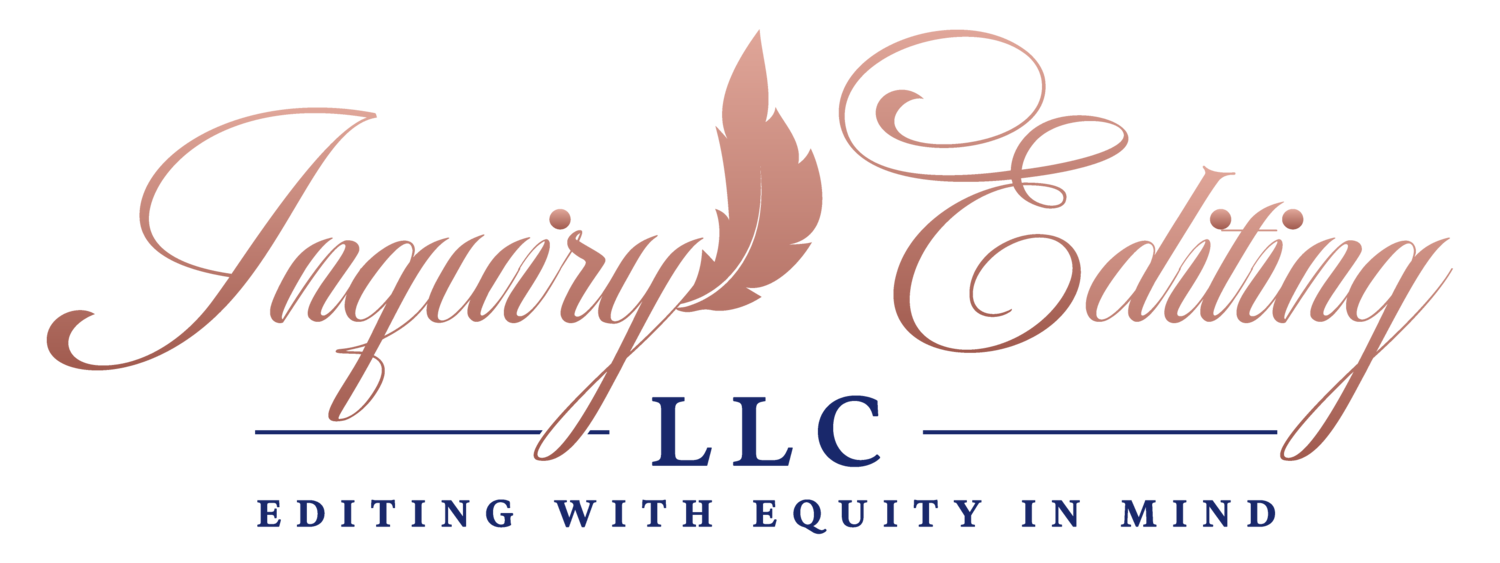Writing Using Indigenous Style
I was born on Lenape land in what is also known as Orange, New Jersey. In 2001, I moved south into another portion of Lenape land in what is also known as Princeton, New Jersey. In 2005, I moved west to Tovaangar, the land of the Gabrielino/Tongva peoples, a place also known as the University of California, Los Angeles. In 2010, I moved eastward to another part of Tongva land, which is also known as Claremont, California. In 2011, I moved northeast to live on Wabanaki land, in a place that is also known as Lewiston, Maine. At each point, I have been living on stolen land.
Now that I have begun working as an editor, I find it crucial to learn how to write about the people on whose land I live. So, I picked up the late Gregory Younging’s Elements of Indigenous Style: A Guide for Writing By and About Indigenous Peoples. The book overs twenty-two principles to abide by when writing about Indigenous people and when editing manuscripts by Indigenous authors or about topics regarding Indigenous people. Younging is clear that Indigenous is a broad category, so authors and editors will need to be specific when writing. Younging is also clear that he writes from within the section of Turtle Island folks call Canada, so some of the specific language he addresses may not be pertinent to other Indigenous peoples.
I won’t repeat each principle here, but I will highlight two overarching ideas that will help me remember the principles.
First, the grammar is a tool, not a rule. People often talk about decolonizing our language, losing traces of colonialism in the words and grammars we use. Such colonialism is embedded in the grammar: which words are capitalized, which agents and actors are obscured by passive voice, what actions appear in past tense, how people mix-up adjectives and nouns, et cetera. For instance, you’ll note that I keep capitalizing Indigenous and I capitalized the names of places I’ve lived. This may not be concerning to you because, after all, you understand these as proper nouns. Yet, these capital letters clarify that these names are valid for the places I’ve mentioned. An editor could quibble with the syntax of my first paragraph, suggesting that I should use parentheses to indicate the settler name. Here is where it gets tricky. Yes, those sentences could be understood as clunky or wordy, but it is important to recognize that one name is prioritized and the other is understood as secondary, especially since it is typically understood the other way round. Here, the grammar that undoes colonialist thought supersedes that which maintains it. Of course, there are other grammatical examples.
Second, consultation and collaboration are not the same. Consultation occurs when someone makes a suggestion, but the other person is under no obligation to honor their suggestion. Collaboration speaks to a different sort of relationship in which the two parties are beholden to one another. In the case of writing about Indigenous peoples, non-Indigenous writers are obligated to consult the specific people about whom they are writing. Those people are the arbiters of knowledge, (intellectual) property, and permissions, much more than a press or a publisher or a professional organization. The structures currently in place to build upon older work and create new work assume the perspectives, principles, and power of settler colonialism. When writing about Indigenous folks, it is important to write with them because you never know whether the “knowledge” you’re building upon has violent and/or incorrect histories. Nor do you know how they wish to be represented. Nor do you know if Traditional Knowledges have been appropriately represented and respected. This isn’t just an imperative for non-Indigenous folks, but if you are Indigenous writing about a people different from your own, it is a sign of respect and solidarity to collaborate with them. This also means that you are sure the Elders and the Indigenous people are acknowledged with credit for their labor and compensation for anything they have done.
These principles aren’t exactly new to me as someone who works in a tradition of literature different from my own – Arab American literature – and as a researcher who is often challenged to represent and analyze disabilities I do not have. Nevertheless, the twenty-two principles are specific enough to provide a mooring that expands upon my own knowledge and experience. They also challenge me to not just apply what I already know to a new context.
Some of you may be working on projects that require collaboration with Indigenous people. Some of you may be working on projects that include Indigenous characters and glimpses into their lives. Some of you are curious about the land you inhabit and the people to whom it belongs.
If you want to know, there’s no time like the present.
